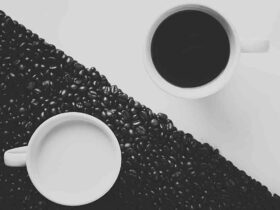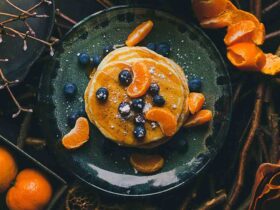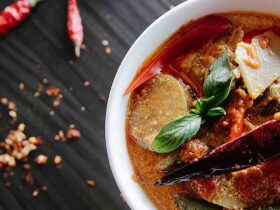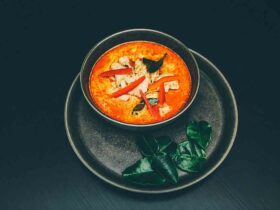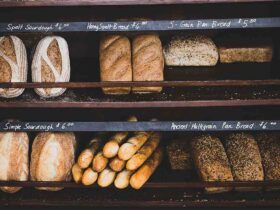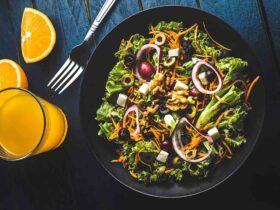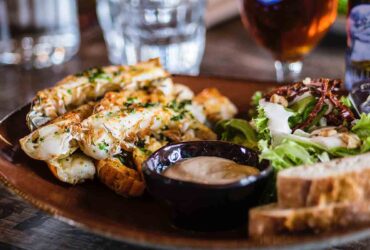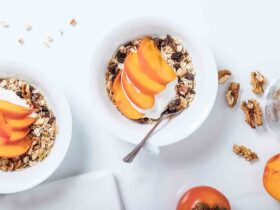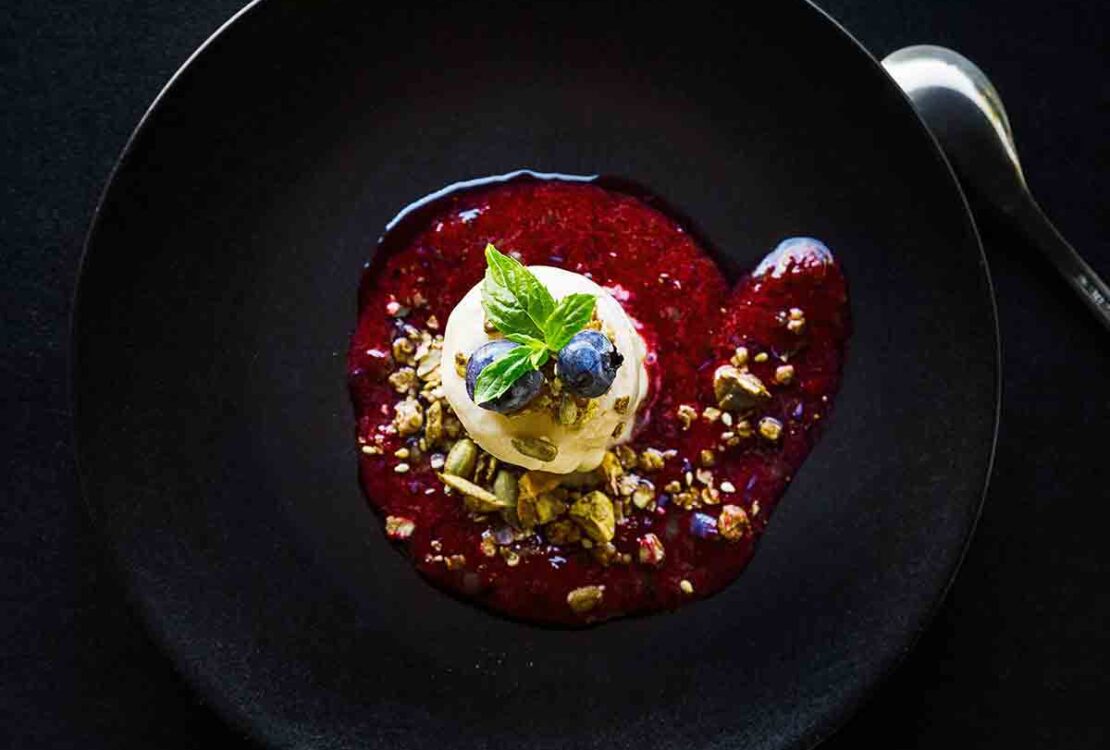
Posuere, felis pellentesque tortor quis. Montes Ad nascetur nostra gravida pede dictum mattis pede ac mauris velit penatibus aliquam ultricies cursus
- Advertisement -

Latest Recipes
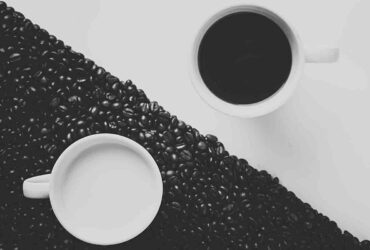
If you love a good cappuccino but can't get to the coffee shop for your ...
If you're craving a sweet cup of coffee, good luck picking just one to kickstart ...
These cookie recipes represent the best of the best, including chewy chocolate. ...
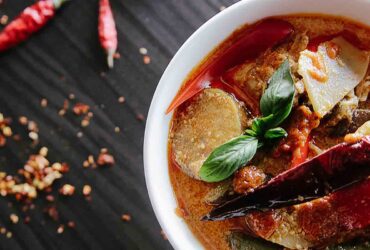
Quick and easy chicken curry recipe. This is not traditional chicken curry recipe but the ...

20-Minutes Meals
Maecenas sodales mauris rutrum nonummy donec ultrices est nam eleifend ad proin metus.
Maecenas sodales mauris rutrum nonummy donec ultrices est nam eleifend ad proin metus.
Maecenas sodales mauris rutrum nonummy donec ultrices est nam eleifend ad proin metus.
Maecenas sodales mauris rutrum nonummy donec ultrices est nam eleifend ad proin metus.
Subscribe Newsletter
Get our latest news straight into your inbox
How-To Videos
Maecenas sodales mauris rutrum nonummy donec ultrices est nam eleifend ad proin metus.
Maecenas sodales mauris rutrum nonummy donec ultrices est nam eleifend ad proin metus.
Maecenas sodales mauris rutrum nonummy donec ultrices est nam eleifend ad proin metus.
Maecenas sodales mauris rutrum nonummy donec ultrices est nam eleifend ad proin metus.

